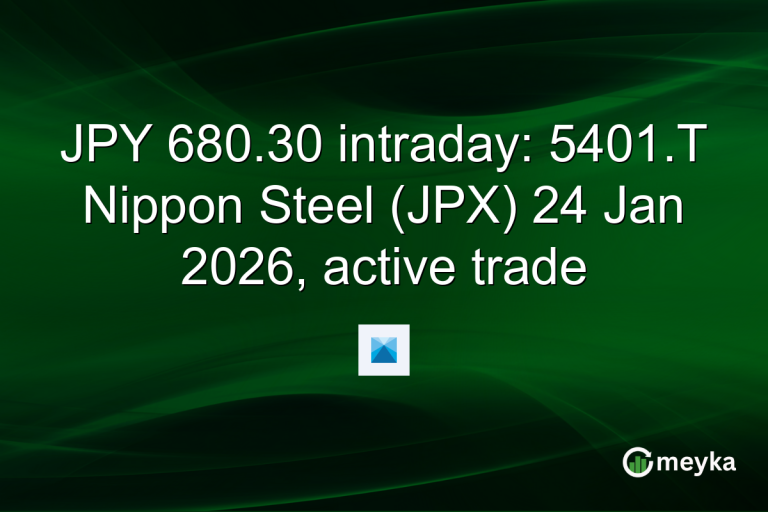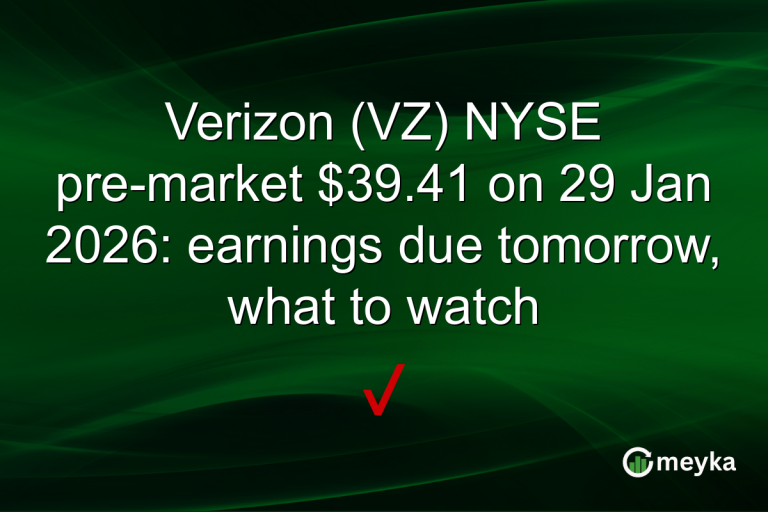The Impact of Hanwa Line Disruptions on Economic Activity and the Stock Market
Today, a significant disruption on the Hanwa Line, a core railway in the Kansai region, has caused widespread chaos for commuters and logistics. This disruption is not just a logistical headache; it also poses broader economic implications. With JR West (9021.T) being directly affected, the ripple effects on the stock market and local economy are evident. As we explore this situation, our aim is to understand how transportation interruptions impact economic activities and investor confidence.
Economic Implications of Transportation Disruptions
Transportation is a critical artery for any economy, and disruptions can bring about significant economic setbacks. The Hanwa Line’s recent issues underline the vulnerability of regional economic systems to such logistical problems. With delays and cancellations, businesses reliant on timely deliveries and employee commutes face disruptions, resulting in productivity losses.
The Kansai region, where the Hanwa Line operates, is a thriving industrial and commercial hub. The ripple effects of the recent delays extend beyond immediate inconveniences. For companies depending on efficient logistic networks, any interruption can escalate into a financial burden. The current disruptions highlight the need for businesses to recalibrate their contingency plans to mitigate unforeseen losses.
Moreover, the effects trickle down to consumer behavior. Delays in product availability can lead to decreased consumer satisfaction. In time-sensitive industries, even a slight hiccup can shift consumer loyalty, impacting long-term economic health. These disruptions remind us that seamless transportation infrastructure is pivotal for maintaining economic stability.
Impact on JR West’s Stock Performance
JR West (9021.T), the operator of the Hanwa Line, has naturally felt the financial tremors of this disruption. The stock’s recent performance, with a minor dip to ¥3,315 per share and a daily change of -0.09%, reflects the immediate market reaction. While fluctuations in stock prices can be temporary, how JR West manages this crisis will be crucial for investor sentiment.
Analysts label the stock with a modest ‘Sell’ rating. This is influenced by several factors, including PE ratio of 13.86 and an EPS of 240.22. Investors are keenly observing the company’s ability to restore normal operations quickly, as prolonged disruptions could further erode confidence.
Despite the slight decline, JR West’s market fundamentals remain relatively stable, evidenced by a market cap nearing ¥1.54 trillion. However, maintaining this stability requires swift corrective measures and clear communication to reassure stakeholders. Investors look for transparency and tangible actions to ensure future occurrences are minimized.
Broader Stock Market Reactions
The incidents on the Hanwa Line serve as a microcosm of how infrastructure issues can echo through the stock market. While JR West is directly affected, other industries depending on rail transport also feel the pinch. Market analysts have noted that transport-related industries often experience volatility in similar scenarios.
Despite JR West’s stock performance declining slightly by -0.09%, the broader market remains cautiously stable. Investors are watchful for any extended impacts that might spill over into other sectors. Companies with operations relying heavily on timely logistics see potential for increased costs, affecting their bottom lines.
On a larger scale, market reactions can influence policy-making decisions. Regulators and companies alike might push for enhanced infrastructure investments to prevent future disruptions. An efficient transport network is indispensable for economic growth, and its stability significantly affects investor outlook.
The Role of Real-Time Analysis in Mitigating Risks
In times of disruption, having real-time insights can be transformative. Platforms like Meyka offer investors real-time stock market insights and predictive analytics, crucial for making informed decisions during such crises. These tools help investors understand potential risks and opportunities by analyzing data swiftly.
Meyka’s ability to provide comprehensive market analysis tools helps traders and investors react proactively rather than retroactively. As we see from the Hanwa Line example, quick decision-making informed by current data can shield portfolios from significant losses.
Whether it’s rerouting logistics or adjusting investment strategies, real-time analysis empowers both companies and investors to adapt dynamically. Emphasizing tools like Meyka can foster a more resilient investment community, particularly in the face of unpredictable challenges.
Final Thoughts
The Hanwa Line disruptions highlight the interconnectedness of transportation and economic stability. While JR West’s stock sees a minor impact, the broader economic implications are a reminder of the importance of robust infrastructure. Platforms like Meyka equip investors with data-driven insights, emphasizing the value of real-time analysis in navigating such challenges. As companies and investors proceed, emphasizing adaptability and preparedness will be key to mitigating future disruptions.
FAQs
Transportation disruptions can lead to productivity losses, supply chain delays, and decreased consumer satisfaction, affecting the broader economy and specific industries.
JR West’s stock saw a slight dip, with recent trading at ¥3,315, reflecting immediate market reactions to the disruption on the Hanwa Line. Analysts currently rate the stock as ‘Sell.’
Investors can employ platforms like Meyka for real-time insights and analytics to make informed decisions during disruptions, helping to mitigate potential market risks.
Yes, prolonged disruptions can provoke policy initiatives aimed at improving infrastructure to prevent future occurrences, thereby stabilizing economic activities.
Disclaimer:
This is for information only, not financial advice. Always do your research.






